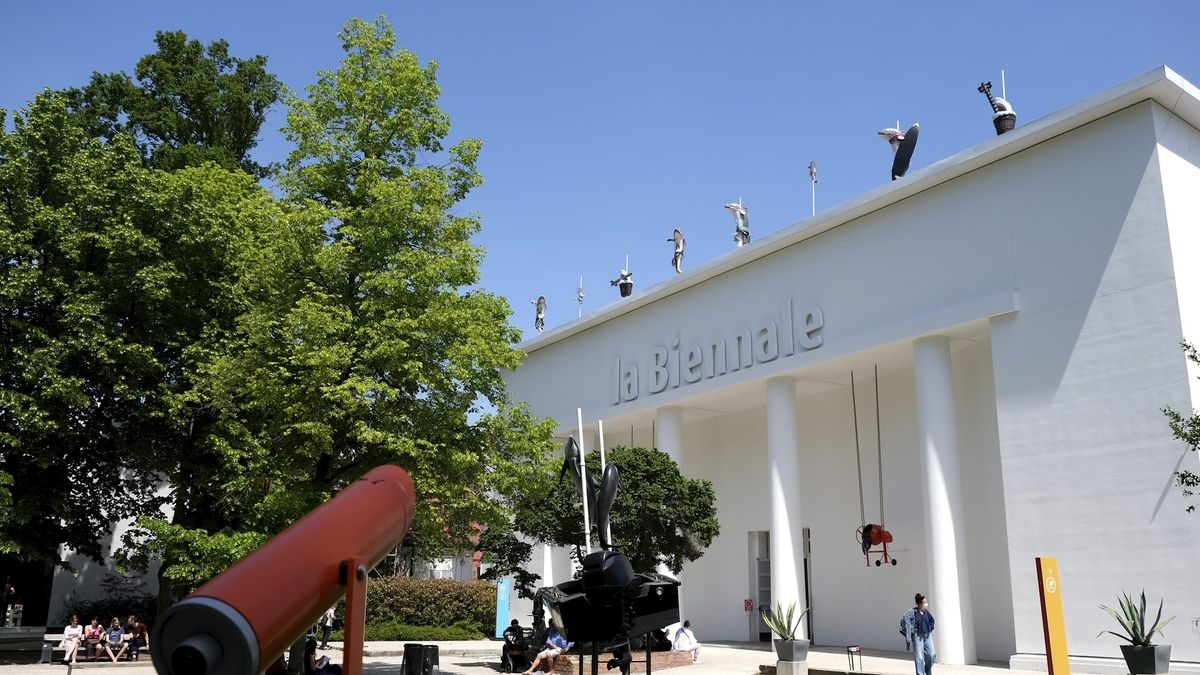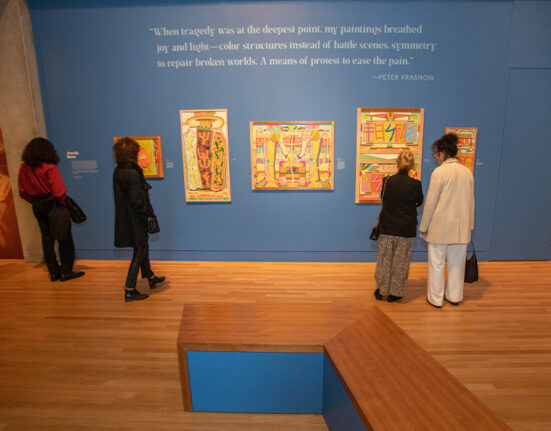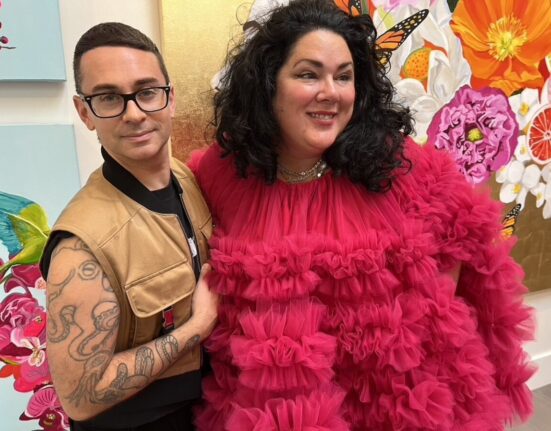In a bold move that has rippled through the international art community, the newly established Art Not Genocide Alliance (ANGA) has ignited a debate about the intersection of art, politics, and human rights by launching a petition to exclude Israel from the forthcoming 60th Venice Biennale. This petition, provocatively titled ‘No Genocide Pavilion at the Venice Biennale,’ has already attracted over 4,000 signatures, signaling a significant undercurrent of discontent among artists, curators, and cultural workers worldwide.
A Stirring Call to Action
At the heart of ANGA’s campaign is a compelling comparison: the group contrasts the Biennale’s swift move to stand with Ukraine following Russia’s invasion against its apparent silence on the plight of Palestinians. Drawing parallels with apartheid South Africa, which was barred from the Biennale until apartheid’s dissolution in 1993, ANGA’s petition challenges what it perceives as a double standard. The group’s letter pointedly criticizes Israel’s ‘Fertility Pavilion,’ accusing it of glossing over the harsh realities faced by Palestinians, including the death of over 12,000 children and the devastation of medical facilities.
Voices from the Art World Join the Fray
Among the signatories lending their weight to this cause are notable figures and institutions, such as artist Adam Broomberg and the Palestine Museum U.S., whose own exhibition proposal was notably rejected by the Biennale. The Palestine Museum U.S.’s director, Faisal Saleh, has been vocal in his criticism, questioning the acceptance of a state-sponsored Israeli exhibition amidst ongoing hostilities against Palestinians. This sentiment echoes through the art world, with many viewing the petition as a necessary stand against what they see as systemic injustice.
The Broader Context
This controversy unfolds against a backdrop of increasing scrutiny over the role of cultural institutions in addressing or ignoring global human rights issues. The petition and the responses it has generated highlight a growing expectation for cultural platforms to reflect ethical considerations in their programming decisions. By leveraging the Biennale’s prestigious stage, ANGA and its supporters aim to spotlight the dire situation in Gaza, drawing attention to the broader struggle for Palestinian rights and recognition.
The unfolding debate around the Venice Biennale’s inclusion of Israel’s pavilion underscores a critical moment for the intersection of art and activism. As this story continues to develop, it serves as a poignant reminder of art’s power to challenge, provoke, and inspire change in the face of adversity.







